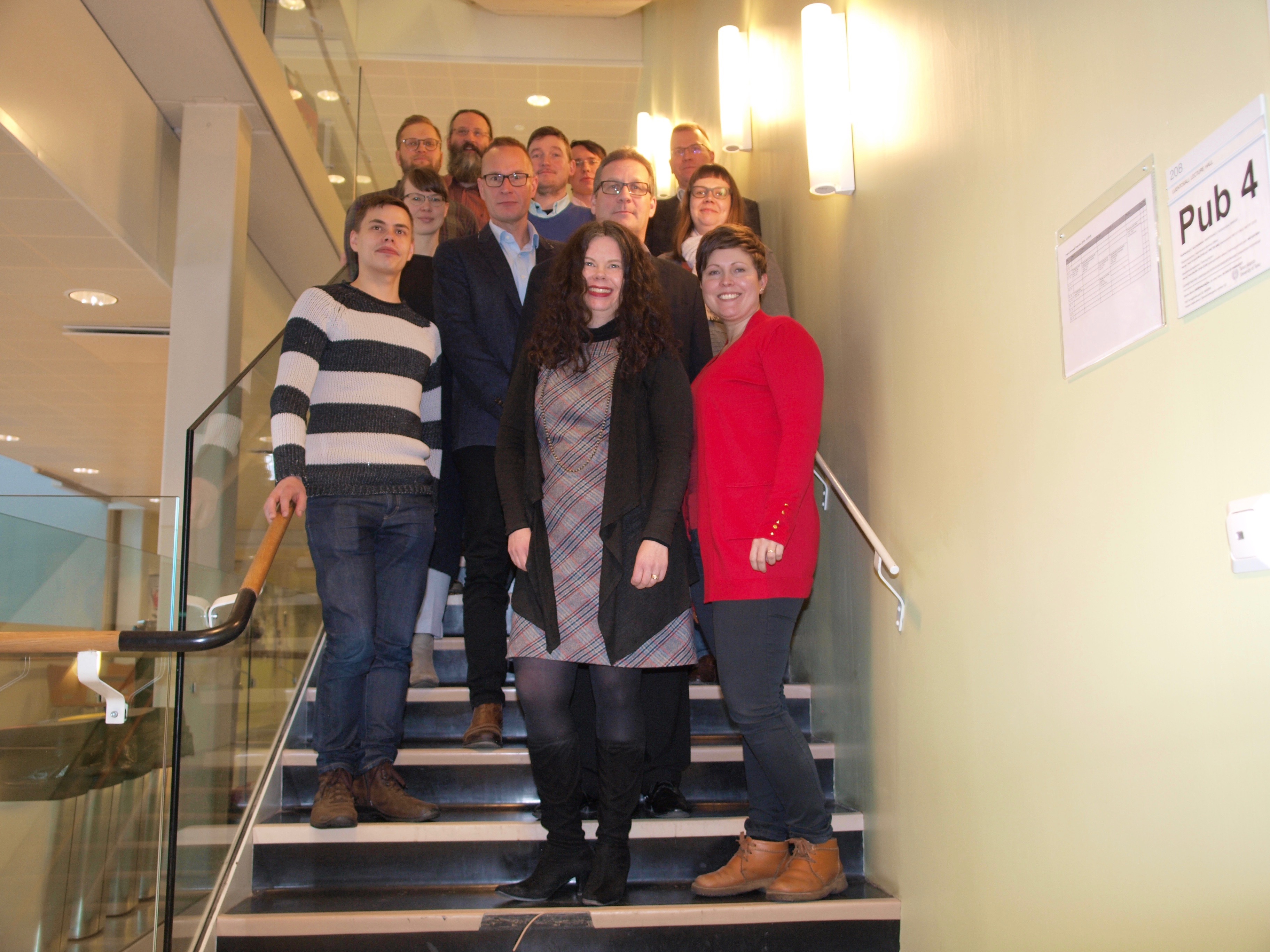Research at Contemporary History
Contemporary History is a discipline which attempts to make sense of the modern world. In research it has traditionally focused on politics peculiar to modern European societies, whose influence has spread all over the world during the last couple of centuries.
The changes in the last few decades, though, raise the question whether a radically different kind of paradigm is needed. The starting point here is the apparent transformation of the world, as it emerges in the conventional frame of reference. The polarity between the modern industrial world and the less developed world has intensified simultaneously with the awareness of the vast ecological problems on the global scale.
After the Cold War, Europe is divided by novel transitions and conflicts, dealing with the consequences of the economic integration and the fall of multinational states. In modern societies like Finland, questions like what is political and how politics should be pursued remain to be discussed. The division of labour based on the traditional disciplines is no more the exclusive; there are novel fields like cultural studies, peace research, development studies, territoriality studies etc.
As to the study of history there exists both uncertainty and ferment in regard to its status as a branch of knowledge. The Unit of Contemporary History is open to new thought and approaches but it will not exclude the traditional historical research either.
In the total budget of the Unit the share of additional funding of research constitutes more than a half. The main sources of this funding are the Academy of Finland and various private foundations.
